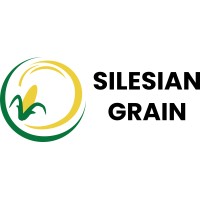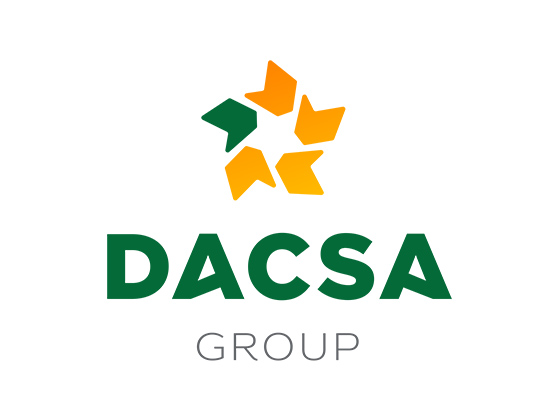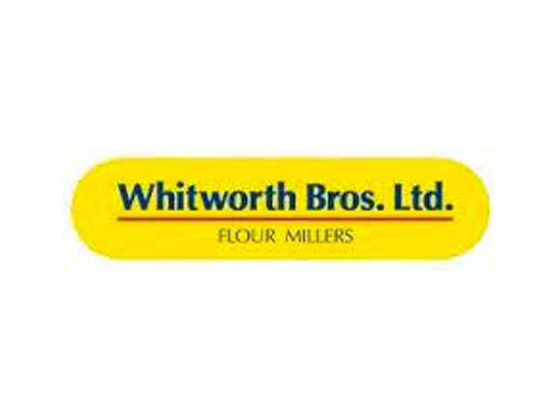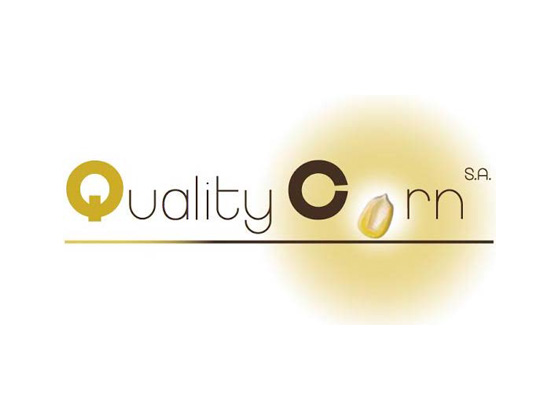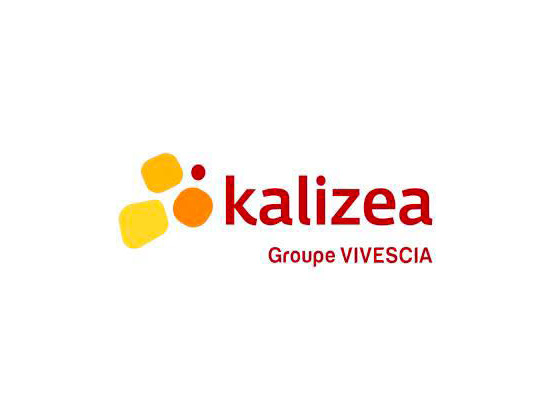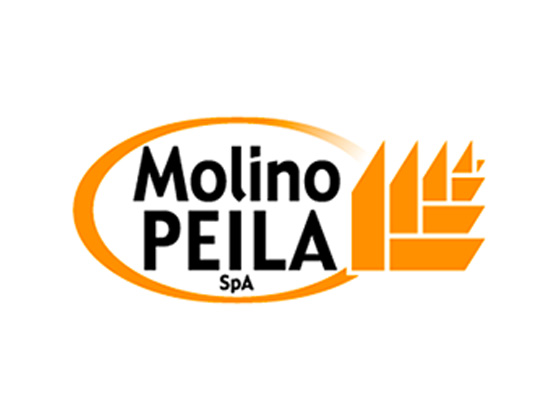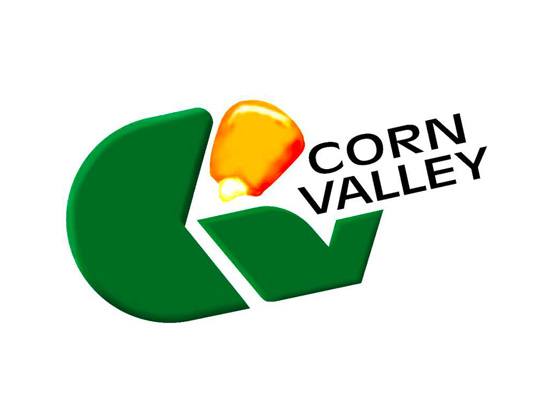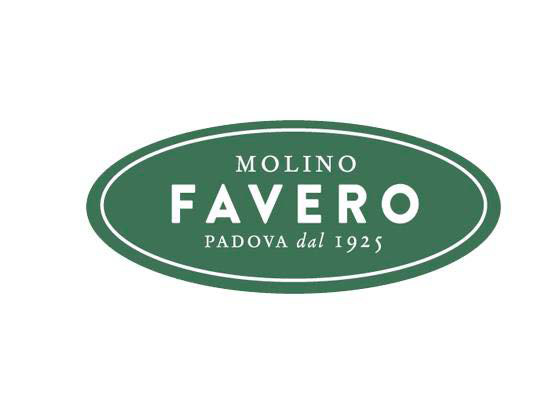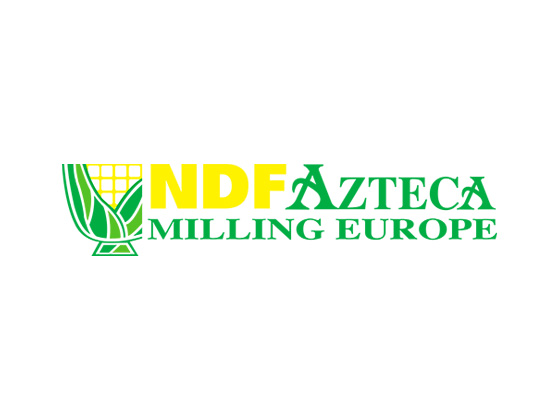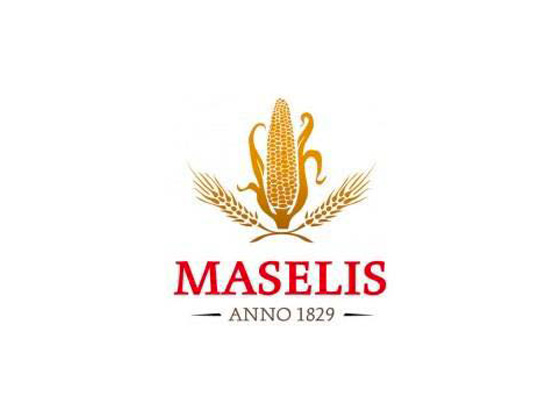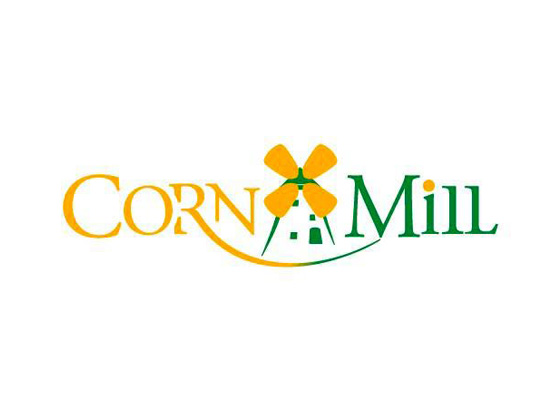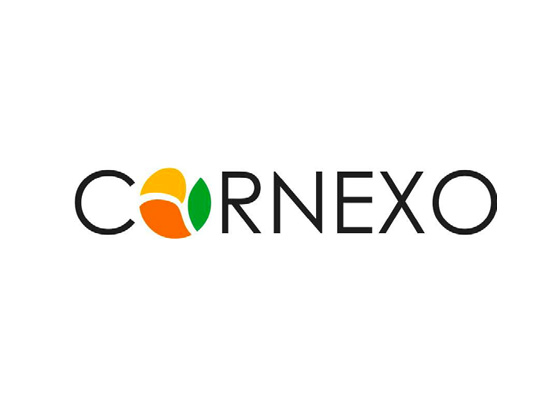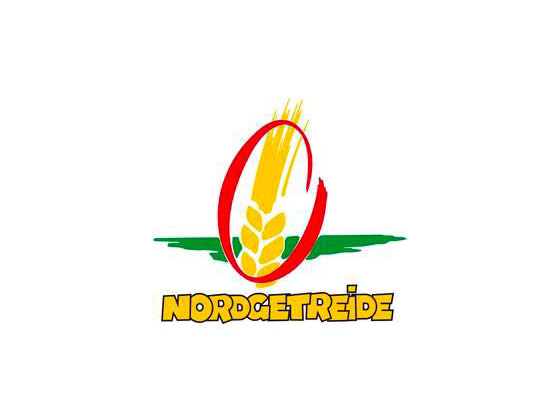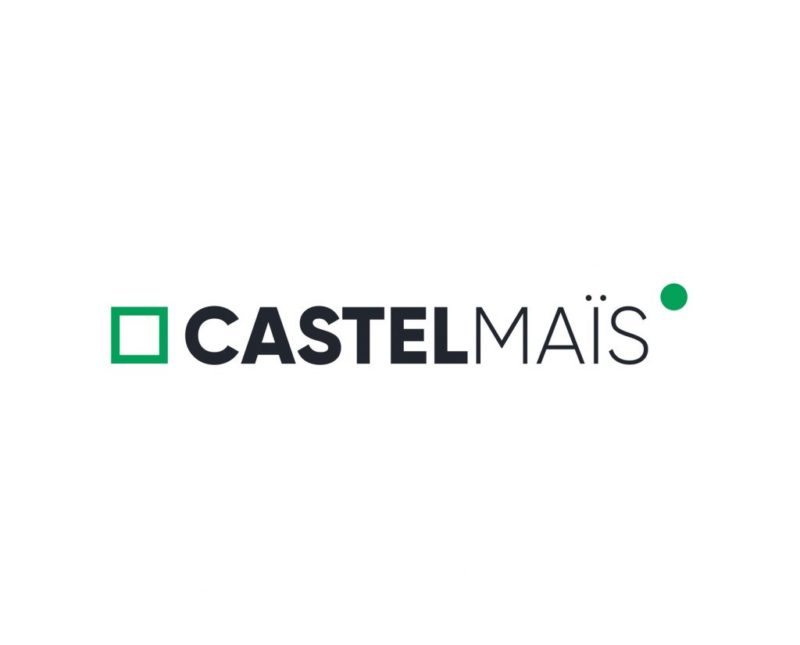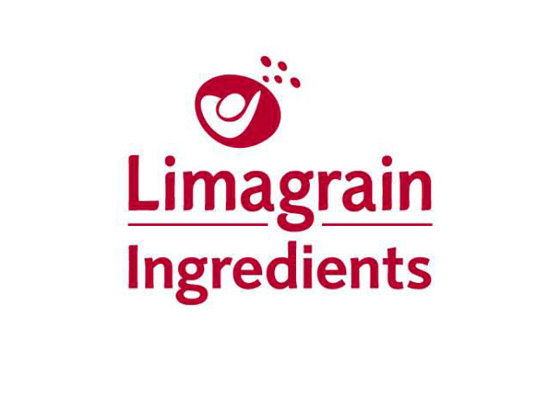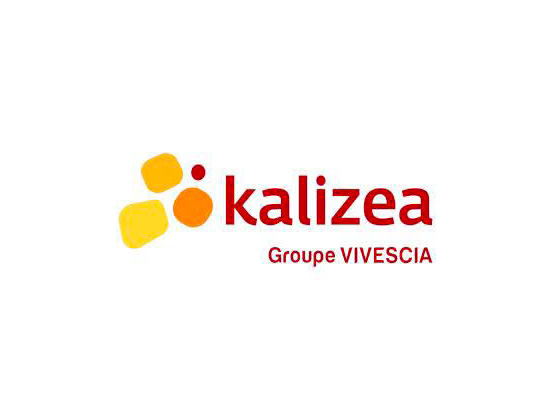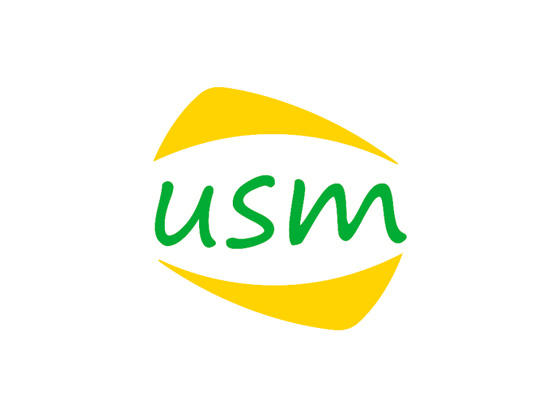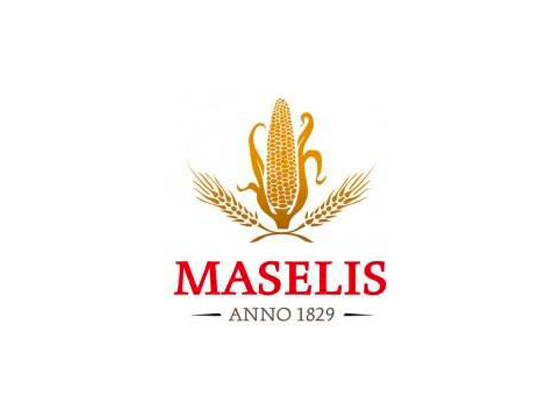A word from The President
I am delighted to introduce Euromaisiers, the Association representing the European maize milling sector. Our members are producing a large range of natural and healthy maize-based primary foods destined to the manufacturing of various food, drink and feed products including breakfast cereals, snacks, beer, baby food, pet food, cattle food.
Euromaisiers aims to shape the future of the European maize milling industry by encouraging the best agricultural and industrial practices. Euromaisiers provides an effective platform for dialogue with European authorities and all relevant stakeholders in the food/feed chain.
The challenges are numerous: maintaining the highest quality standards, meeting evolving customer demands, responding to climate needs, navigating a rapidly changing regulatory landscape. We are fully committed to meet all these challenges.
Francisco MARTI RIBES
Euromaisiers President

